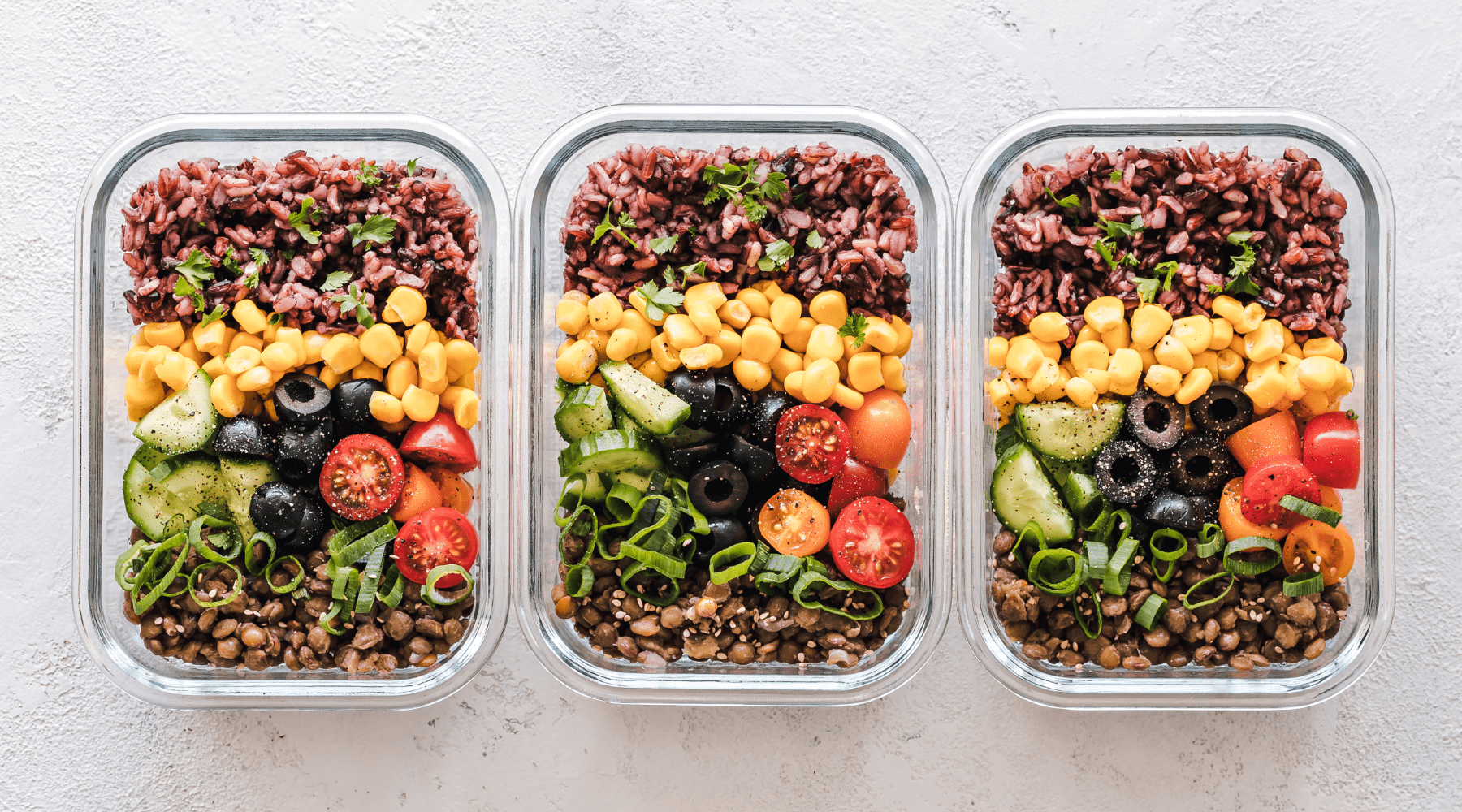NUTRITION
6 Major benefits of plant-based proteins to improve your health and prolong longevity

VEGAN PROTEIN IS THE NEW ANIMAL PROTEIN
It's no secret that we need protein in our diet. This age-old macro-nutrient has been part of our diet since the dawn of time.
We need protein to function at our best, as this nutrient is present in everything, including our cells, bones, muscles, and organs. It helps us stay fit, get strong, feel satiated, and gives us energy. It builds muscle, repairs tissues, and regulates hormones.
Protein consists of 22 types of amino acids, and our bodies need all 22 amino acids to function. 9 of these are considered essential amino acids (complete proteins), and we need to get them from our foods.
Unfortunately, only a few vegan protein-rich foods have all 9 essential amino acids. These include quinoa, hemp, soy, and buckwheat. Therefore, we need to consume various high-protein vegan foods to ensure we get a good balance of amino acids.
BENEFITS OF EATING PLANT-BASED PROTEINS
Lowers your risk of heart disease and high blood pressure
A study by the American Journal of Clinical Nutrition concluded that the quantity of protein did not impact the risk of IHD (ischemic heart disease). Instead, the higher intake of animal protein could cause an increased risk for IHD.
The amino acid called 'glutamic acid' in plant-based protein can lower blood pressure and control and prevent major cardiovascular risk factors.
The American College of Cardiology also concluded that healthy plant-based foods, such as vegetables, fruit, and legumes, substantially lowered the risk for CHD (chronic heart disease).
Dietary pulses have been shown to lower blood pressure significantly lower blood pressure.
-v1654511353962.png?2000x1333)
-v1654512338881.png?2000x1333)
Less inflammation and better gut health
Vegan and vegetarian diets could lead to less inflammation in the body. This is partly due to the higher consumption of fiber-rich foods and nutrients and less consumption of high-fat foods and animal products.
And less inflammation means less risk for chronic illnesses.
A journal by the American Heart Association has detected significantly lower CRP (a marker of inflammation) in participants on a protein-rich vegan diet.
Higher animal protein intake can also increase the risk for IBD (inflammatory bowel disease), where bacteria may favor an intestinal environment more exposed to animal foods.
Since plant-based diets usually contain more fiber, vegans also tend to have better and more regular bowel movements.
Lowering Cholesterol
Cholesterol is a dense fatty substance often found in high-fat animal sources. Plant-based protein foods such as legumes are cholesterol-free and could reduce bad cholesterol levels more than other diets.
We can improve our health significantly by avoiding the lousy LDL cholesterols, which can clog and harden the arteries.
"Based on the Katan equation, the lower dietary cholesterol content of nonmeat diets than of animal protein diets would be predicted to reduce total LDL cholesterol by 0.08 and 0.07 mmol/L, respectively, suggesting that the cholesterol-lowering effect of the nonmeat diets may, in part, be attributed to their lower dietary cholesterol content." - American Journal of Clinical Nutrition
-v1654512481582.png?2000x1333)
-v1654512728998.png?2000x1333)
Weight-loss
Almost all plant-based protein sources are lower in fat and calories than animal protein. So naturally, swapping animal protein for plant-based protein will reduce your overall calorie intake.
It also contains a lot of fiber, keeping you fuller for longer. In contrast, animal protein contains no fiber.
Studies have consistently shown that individuals consuming greater fiber have lower body weights than those consuming lesser amounts.
A study was done in 2013 in South Carolina to determine the effect of plant-based diets on weight loss. After six months of a vegan diet, this group showed the most weight loss.
When it comes to weight loss, Dr. Michael Greger, an American physician, is an advocate for whole food plant-based diets. He suggests water-rich foods to fill you up, choosing low-fat foods, including more fiber, and avoiding animal protein to lose weight. Check out his video on evidence-based weight loss.
Cancer prevention and risk reducing
Some studies have suggested that a plant-based diet could aid in cancer prevention to some degree.
Red and processed meats have been identified as increasing the risk of some cancers. And by removing these from the diet and replacing it with plant-based protein sources, you are automatically reducing your chances of getting cancer.
Other beneficial nutrients
Omega-3 fatty acids are found in many plant-based proteins such as walnuts, chia/hemp/ground flax seeds and soybeans. Omega-3 may help in managing heart diseases and lowering blood pressure.
Legumes have also been shown to provide high levels of potassium, magnesium, folate, selenium, phosphorus, B vitamins, iron, copper, manganese, and zinc. These essential minerals and vitamins are key to optimal health and bodily functions.
-v1654513004873.png?2000x1333)






-v1654513586083.png?1800x1000)
-v1654513685016.png?1800x1000)



